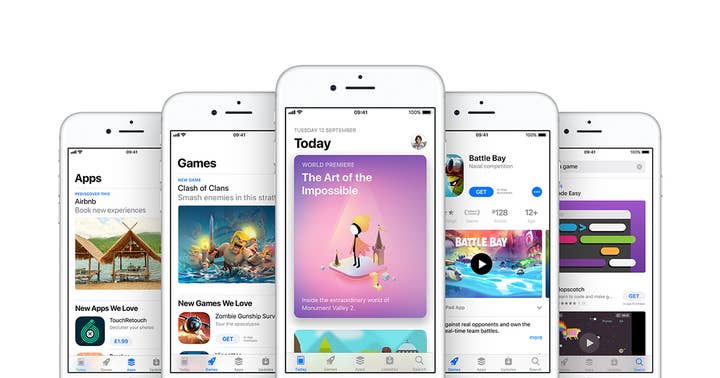Tim Sweeney: Apple has "gone crazy" over rev share approach
"Apple has no right to take any percent of any company's revenue just because they made the phone people use to access the stuff," says Epic Games founder
Epic Games founder and CEO Tim Sweeney has taken fire at Apple, saying the tech giant has "gone crazy" with its current revenue share model.
His comments came after Apple started requesting 30% commission on all payments made through ClassPass, an app which allowed users to book exercises classes at their local gym, but started offering paid-for digital classes amid the coronavirus outbreak.
The app's popularity exploded during lockdown, and in an effort to support struggling gyms, ClassPass decided to forgo its own commission. Apple, however, was less gracious and instead requested its standard 30% cut as the app started to process new transactions.
"If colleges hold virtual classes through an iPhone app, Apple could demand 30% of the tuition," said Sweeney on Twitter. "Truly, Apple has no right to take any percent of any company's revenue just because they made the phone people use to access the stuff.
"If Apple had the [sic] way, they'd block the web and make arbitrary decisions about what pages you're allowed to visit ... and then demand 30% of the revenue from every company that does business on the web.
"The tying of the operating system to a monopoly software distribution channel and monopoly payment processor and monopoly tax doesn't need 'policy tweaks', it needs to stop. All of these components must be unbundled to support fair competition among stores, apps and suppliers."
Sweeny has long been critical of platform holders like Apple, Google and Valve for the industry standard 30% revenue share model, and it was a core motivator for the 12% share model offered by the Epic Games Store.
In his own Twitter thread on the subject, End Game co-founder Yang Liu revealed that in 2018, his company paid more money to Apple through the revenue share model than it had made in the four years prior combined.
"To put it simply, see if you want to play a video game where you're building and 30% of every gain you make is taken away from you, but you're expected to pay for everything else at the same price -- that's not a game you'd play is it?" he said.









